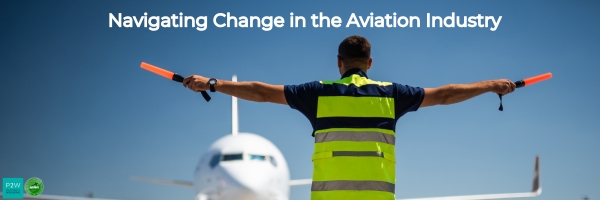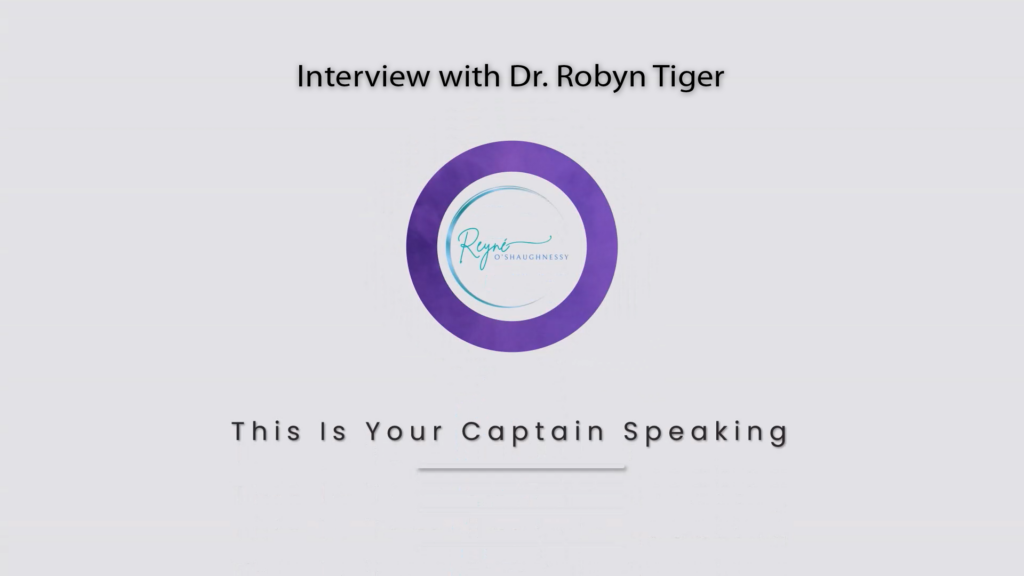Why is Changing Environment Difficult?
Change is a challenging yet constant factor in the aviation industry. Due to the high-stakes nature of this business, any shift in environment or routine requires careful consideration and adaptation. Factors such as new technology, regulatory updates, and operational changes necessitate changes in business plans. However, those changes cause a ripple effect on the health and well-being of their employees.
In 2019, I wrote and published the first book on mental health in aviation. Almost three years later, the FAA has pivoted to address mental health more effectively, recognizing its crucial role in aviation safety and employee well-being.
The Nature of the Business
- Safety First: Aviation operates under stringent safety regulations. Every change must be thoroughly evaluated to prevent compromising safety.
- High Stress: Roles like pilots, air traffic controllers, and mechanics inherently come with high stress due to the critical nature of their responsibilities.
- Routine Dependence: Consistency in routines and procedures is crucial for maintaining safety and efficiency, making deviations challenging.
- Technological Advances: Rapid advancements require continuous learning and adaptation, which can be demanding.
How Aviation Professionals Can Adapt
- Embrace Continuous Learning: Engage in training programs and coaching to stay updated with the latest technologies and regulations.
- Utilize Mental Health Resources: Take advantage of mental health support to manage stress and build resilience.
- Develop Flexibility: Cultivate an open mindset by regularly stepping out of your comfort zone and learning to pivot.
- Communicate and Collaborate: Use the support networks (coaching) to navigate changes effectively.
Changing Your Own Environment
While industry-wide changes can be challenging, altering your personal environment can make a significant difference. Here are some specific examples:
- Healthy Lifestyle Choices:
- Exercise Routine: Incorporate regular physical activity, such as yoga or running, to maintain physical health.
- Nutritious Diet: Plan balanced meals and stay hydrated to stabilize energy levels.
- Sleep Hygiene: Establish a consistent sleep schedule to ensure adequate rest.
- Set Boundaries: Do small things that make you happy. Carve out some time just for yourself, such as sipping that first cup of coffee in the morning.
- Mindfulness Practices:
- Meditation: Practice daily meditation to reduce stress and enhance focus. I know firsthand it works!
- Deep-Breathing Exercises: Use deep-breathing techniques during high-stress moments to stay calm. Taking one deep breath and letting it out activates your parasympathetic nervous system.
- Journaling: Keep a journal to reflect on your thoughts and experiences, helping to process emotions and reduce anxiety.
- Set Personal Goals:
- Short-Term Goals: Set achievable short-term goals to maintain motivation and a sense of accomplishment. Celebrate each win, small changes lead to big changes.
- Long-Term Vision: Define your long-term career and personal aspirations to guide your efforts and maintain focus.
- Regular Review: Review and adjust your goals to align with your evolving priorities and circumstances. Life happens and can throw a curve ball, so be gentle with yourself.
Conclusion
Aviation professionals can thrive amidst industry changes by leveraging continuous learning, mental health resources, and personal environment adjustments. These strategies ensure that change becomes an opportunity for growth and improvement rather than a source of stress.



